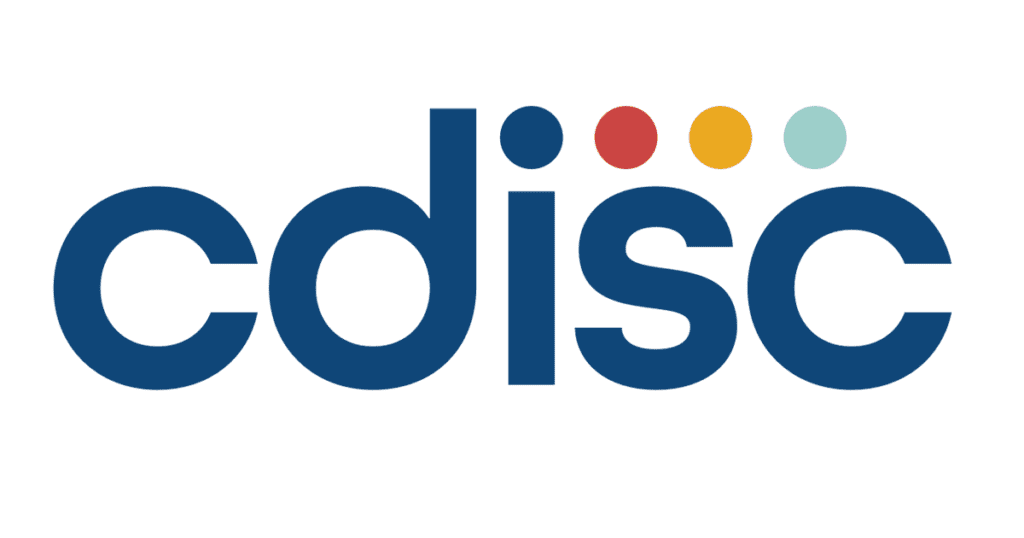PTSD is a clinically diagnosed psychiatric condition that can occur following the experience, or witnessing of, life-threatening events, such as military combat, natural disasters, terrorist incidents, serious accidents, or physical or sexual assault in adulthood or childhood. Not everyone exposed to a traumatic event will develop PTSD; according to the United States National Center for PTSD, about 7 or 8 out of every 100 people will experience PTSD at some point in their lives.
Version 1.0 of TAUG-PTSD describes how Post Traumatic Stress data should be recorded in a standardized database, establishing best practices across the clinical research industry for recording, reporting, and sharing relevant, disease-specific metadata and research data. Using TAUG-PTSD can facilitate regulatory submissions for novel therapies and will allow the research community to compare and contrast data from different studies more easily, with more scientific rigor, and make it easier for researchers to understand natural history, biomarker, and trial data in the future.
We are delighted to release a standard dedicated to such a vital behavioral health need,” said David R. Bobbitt, President and CEO, CDISC. We hope researchers will use this user guide to bring clarity to the data and discover breakthroughs in PTSD.”
TAUG-PTSD v1.0 was funded by Cohen Veterans Bioscience as part of their vision of improving data sharing and open science tools for global research in the field of PTSD. The Cohen organization will be one of the first adopters of the standard as they have based their BRAIN Commons Platform on CDISC standards.
This collaboration with CDISC, and the many academic researchers who gave freely of their time and expertise, was a testament to how important data standards are and how galvanized the field is to move PTSD medical research forward,” said Dr. Allyson Gage, Chief Medical Officer, CVB. The availability of these platform-independent and interoperable data standards for PTSD is critical for the future of data integration and team science that can accelerate the discovery of better diagnostics and additional treatment options.”
To date, therapeutic area standards have been developed for more than 30 different disease areas. CDISC data standards are developed by a global research community to facilitate impactful data sharing and are required by U.S. FDA and Japan PMDA for new drug submissions.
View this press release on Business Wire
















